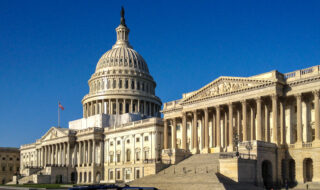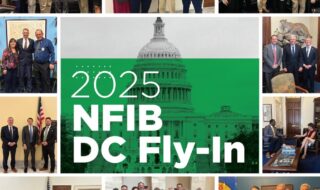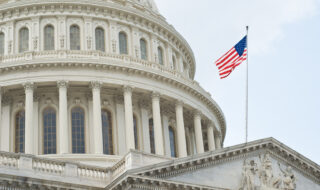Topics:
January 9, 2023 Last Edit: June 5, 2025
NFIB VT 2022 Year-End Legislative Report
- Vermont Budget Surpassed $8 Billion for the first time ever
- Most Employer/Employee Relationship Mandates Failed
- Minimum Wage & Unemployment Benefits Increases Pass
- Business Recovery Funding Still Available
- Clean Heat Standard was Vetoed
- Expansion of the Bottle Deposit Law Failed
- State and Local Tax Deduction Cap Efforts to Continue
- Tax Relief: $40 million in tax relief for Vermonters.
- Broadband: $96 million to continue the state’s work to make broadband available to all Vermonters.
- Water, Sewer and Stormwater Infrastructure: $104 million to improve and expand water infrastructure that will support economic growth, ensure clean drinking water, help families replace failed systems and more.
- Workforce: $66 million to train, retain and recruit more workers.
- Economic Development: $87 million for initiatives that will help retain jobs, support businesses, and strengthen communities.
- Housing: $90 million to increase and improve rental housing, build more homes for middle-income Vermonters, help families exit homelessness and more.
- Energy Efficiency Promotion:
- Electric Vehicle Promotion – currently there are 600,000 registered vehicles in Vermont, but less than 4000 are plug-in electric vehicles. Sales of these plug-ins will have to increase by more than 500% to meet the 2025 emissions reduction mandate in the Global Warming Solutions Act.
State:
Get to know NFIB
NFIB is a member-driven organization advocating on behalf of small and independent businesses nationwide.
Related Articles

July 3, 2025
NFIB Thanks Congress for Passing Landmark Small Business Tax Re…
NFIB applauds Congress for passing the One Big Beautiful Bill Act, which in…
Read More


July 2, 2025
NFIB Key Votes One Big Beautiful Bill Act in U.S. Senate and Ho…
NFIB key votes the One Big Beautiful Bill Act in the 119th Congress and urg…
Read More


July 2, 2025
Small Business Owners Push Priorities in Capitol Hill Meetings
Over 80 small business owners attended NFIB’s annual Fly-In. They attende…
Read More


July 2, 2025
NFIB Key Votes Final Passage of the One Big Beautiful Bill Act…
NFIB designated H.R. 1, the One Big Beautiful Bill Act as adopted by the U….
Read More







